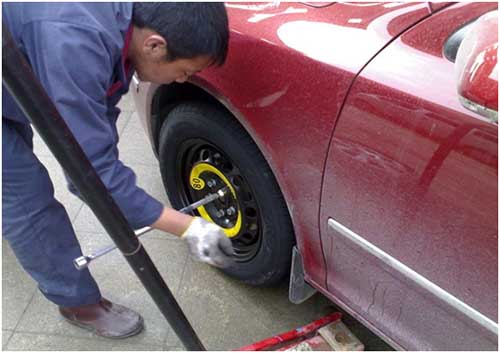Tire price hike limited in replacement market
The consumer price index in January grew 1.0% from last Dec., or 2.5% year on year.
Higher-than-expected CPI growth drove up the prices of commodities, including steel, chemicals and nonferrous metals.
Rising natural rubber and synthetic rubber prices encouraged tire producers to raise product prices.
Some tire producers announced price lifting since last Nov. and tire prices still increased this Feb.

Wang Kaifu, an analyst with Oilchem.net, said tire prices climbed month by month from last Nov. to Feb. by 10% to 25%.
The price hike was triggered by rising prices of raw materials, including natural rubber, synthetic rubber, carbon black, cord yarn, and additives.
What are the impacts of tire price hike on automakers? An industry insider said although many producers have raised tire prices, but tire price growth is lower than raw material price growth, and the price hike is largely occurred in the replacement market.
For automakers, the procurement prices of tires before installation were settled in advance and won’t fluctuate with market prices. Therefore, the price hike hasn’t cause much affect on car makers.
Wang said the price hike was driven by mid- and large-sized tire producers with high market occupation, wide distribution channel and good sales condition.
A person with a listed tire company said market demand should be stimulated by quality improvement in the long term.
- Tireworld Insight: Domestic tire makers eye overseas expansion
- Tireworld Insight: Price disparity severe between China's rubber exports and imports
- Tireworld Insight: China tire exports dependent on US market performance
- Tireworld Insight: SHFE rubber expected to move in tight range in short-term
- Tireworld Insight: Rubber futures to test near-term resistance at 15,000 yuan/tonne
- Tireworld Insight: China’s tire industry on track of rapid growth






